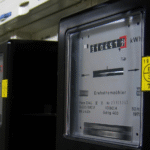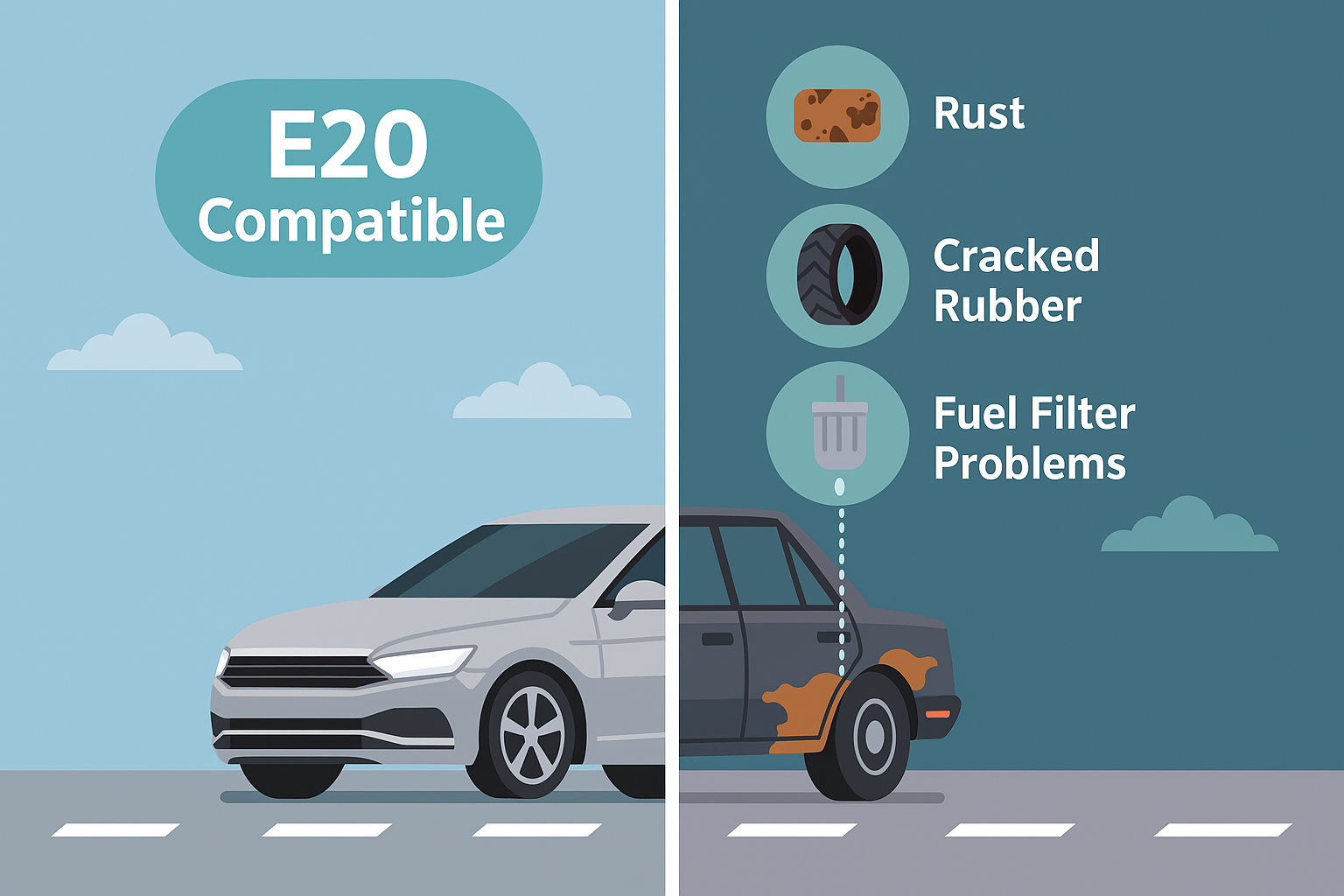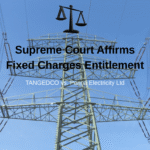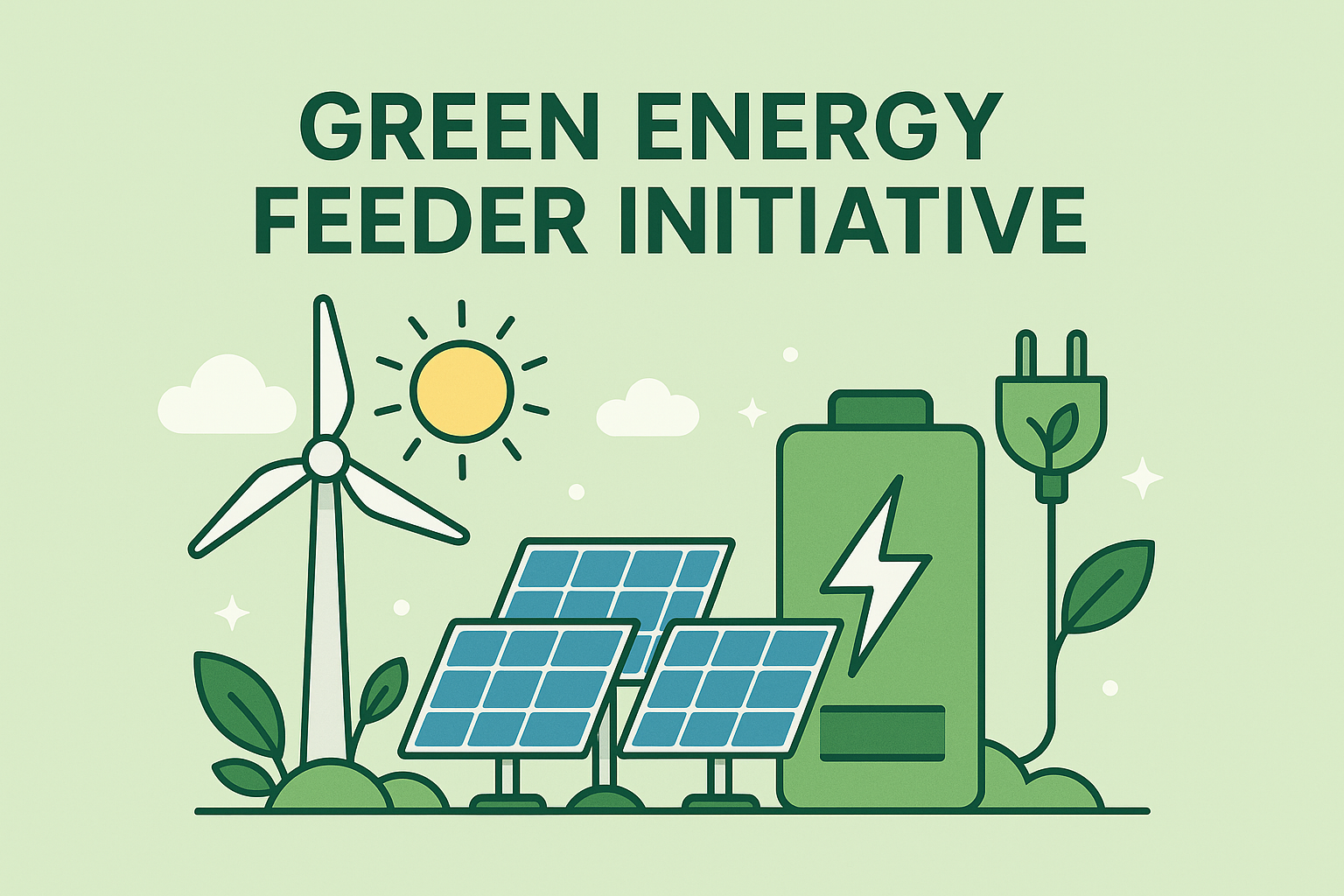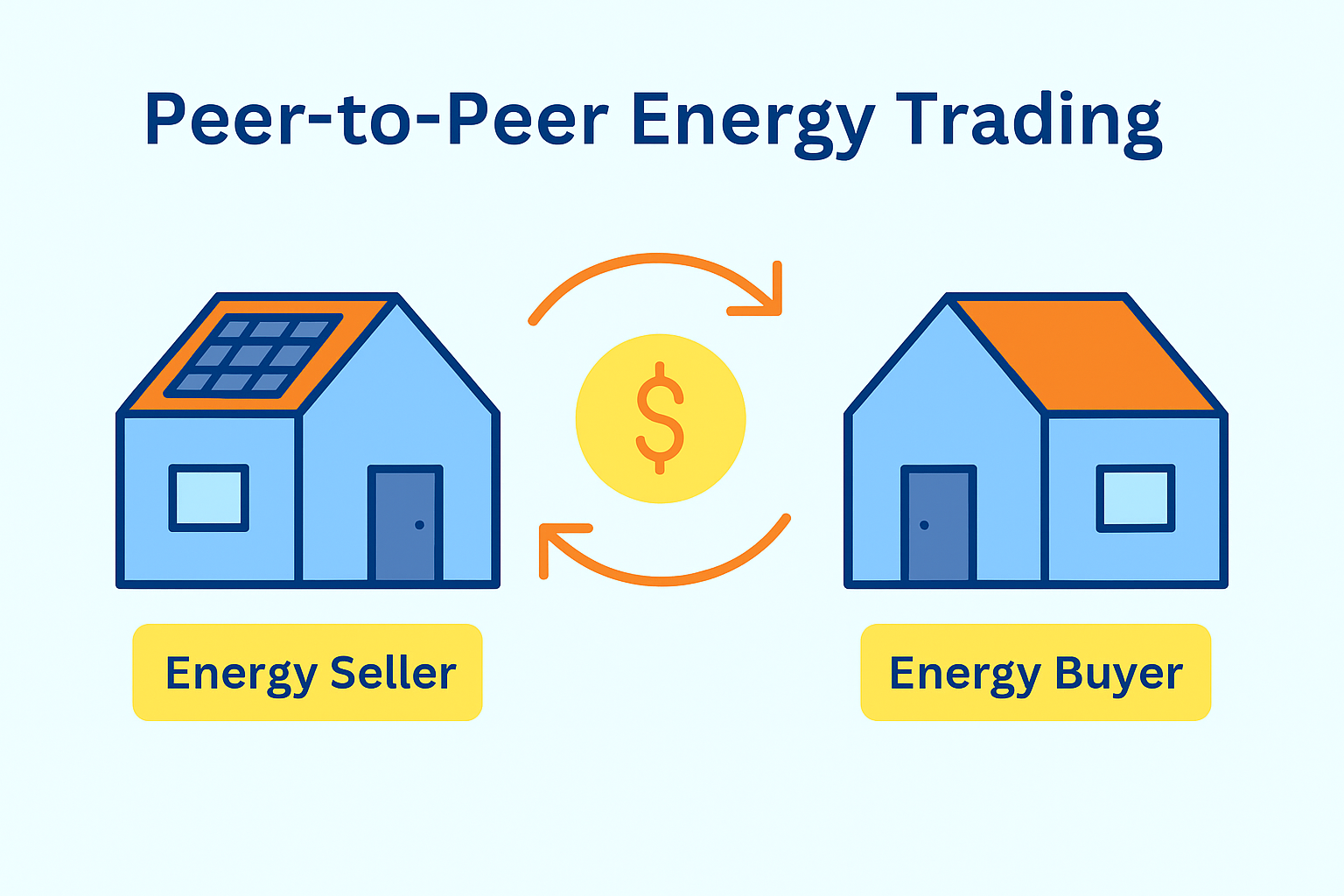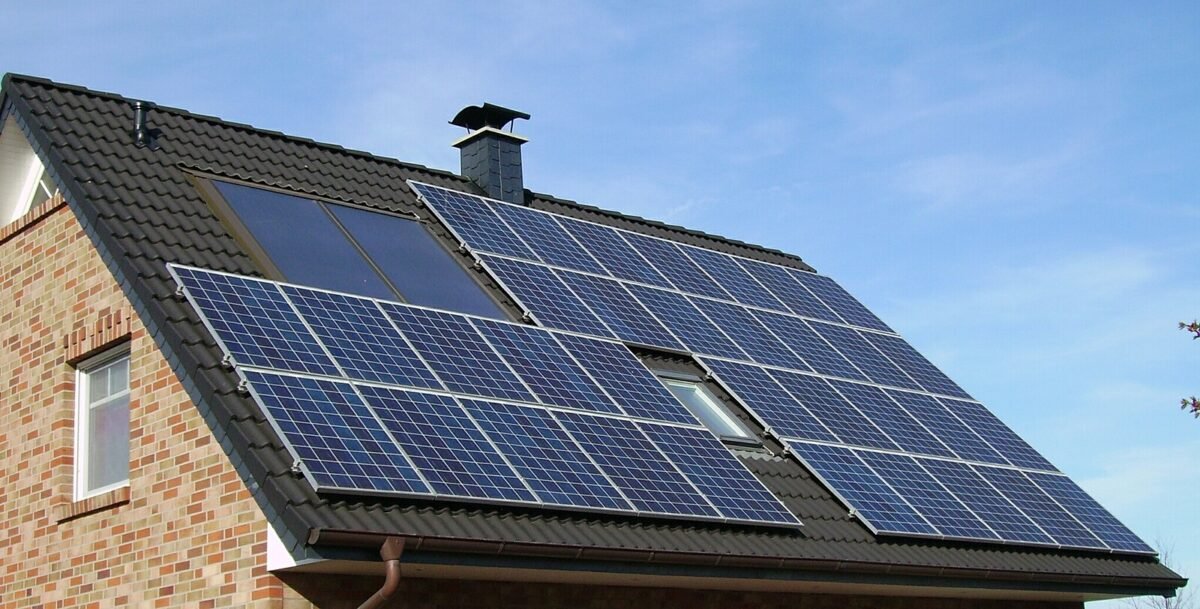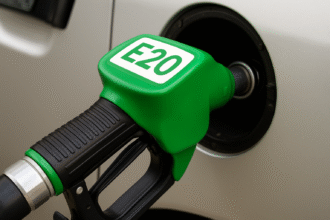India has been steadily increasing the share of ethanol in petrol as part of its clean energy transition. The latest step in this journey is the introduction of E20 fuel—petrol blended with 20% ethanol (You can read more about how India achieved the E20 target well ahead of schedule in our previous article). While this shift reduces oil imports and carbon emissions, car owners are often left wondering: Will E20 harm my vehicle? The answer depends largely on how old your car is and whether it was designed to run on E20.
Vehicle Compatibility: The Deciding Factor
- Newer Vehicles (Post-2023, BS6 Stage II):
Automakers have started rolling out cars specifically designed for E20. These models use ethanol-resistant materials in fuel systems and have undergone compatibility testing. For such vehicles, the risks are minimal, and mileage drops are within manageable limits. - Older Models (BS3, BS4, early BS6):
Cars not certified for E20 face higher risks if used long-term. The damage is not sudden but can accumulate gradually through corrosion, wear, and material degradation.
How E20 May Affect Non-Compatible Cars
- Corrosion and Material Wear
Ethanol absorbs moisture from the air, leading to water accumulation in the fuel. This can corrode metallic components and degrade rubber parts like hoses, seals, and gaskets. Over time, non-ethanol-resistant materials may swell, shrink, or crack. - Fuel System Challenges
Ethanol’s solvent properties can loosen deposits inside the fuel tank and pipes. While cleaning sounds positive, these loosened particles may clog filters and injectors, causing reduced performance and higher maintenance needs. - Storage Risks
Cars left idle with E20 in the tank are more vulnerable. Ethanol and petrol can separate (a process known as phase separation), leading to poor combustion and even engine damage when the car is restarted.
Industry vs. Government Views
- Government Position:
The Ministry of Petroleum and Natural Gas (MoPNG) argues that E20 is safe for modern vehicles. According to official tests, mileage loss is limited to about 1–2% for E20-ready cars and 3–6% for older models—a figure considered acceptable with routine servicing. - Automakers’ Perspective:
Manufacturers have been more cautious:- Toyota warns that using E20 in non-compatible models could void engine warranties.
- Maruti Suzuki is working on retrofit kits to help older cars adapt.
- Many brands explicitly state in user manuals that pre-2023 cars should stick to E10 (10% ethanol blend).
Warranty and Insurance Implications
- Warranty Risk: If a car not certified for E20 develops engine or fuel system issues, manufacturers may refuse warranty claims.
- Insurance Concerns: Although the government says E20 use does not affect insurance, experts caution that damage caused by using non-recommended fuel might be treated as negligence, potentially affecting claims.
Real-World Observations
- Mileage Drop: Some drivers report fuel efficiency losses as high as 15–20%. However, controlled studies show much smaller drops (1–6%), suggesting that results vary by vehicle age, driving habits, and maintenance.
- Component Wear: In older vehicles, rubber parts and gaskets may require earlier replacement, usually after 20,000–30,000 km of E20 usage. Fortunately, these replacements are relatively inexpensive.
What Car Owners Should Do
- Check Compatibility: Look for E20 markings near the fuel cap or confirm through the owner’s manual.
- For E20-ready vehicles: You can safely use E20 fuel with minimal concerns.
- For older vehicles:
- Stick to E10 petrol where available.
- If unavoidable, use ethanol-free premium petrol (like 100-octane).
- Keep up with regular servicing, and use fuel additives or cleaners if recommended.
- Maintain Records: Keep detailed service logs, and notify your insurer about your fuel usage for added clarity.
Bottom Line
E20 fuel is safe for new-generation vehicles built to handle it, but older models face gradual risks of corrosion, reduced efficiency, and warranty complications. The most vulnerable segment includes BS3 and BS4 cars, while BS6 Stage II vehicles (2023 onwards) are generally protected.
If you’re uncertain about your car’s compatibility, the best practice is to follow the manufacturer’s guidance. Until then, cautious use of ethanol blends—or opting for ethanol-free premium petrol—remains the safer choice for older cars.






